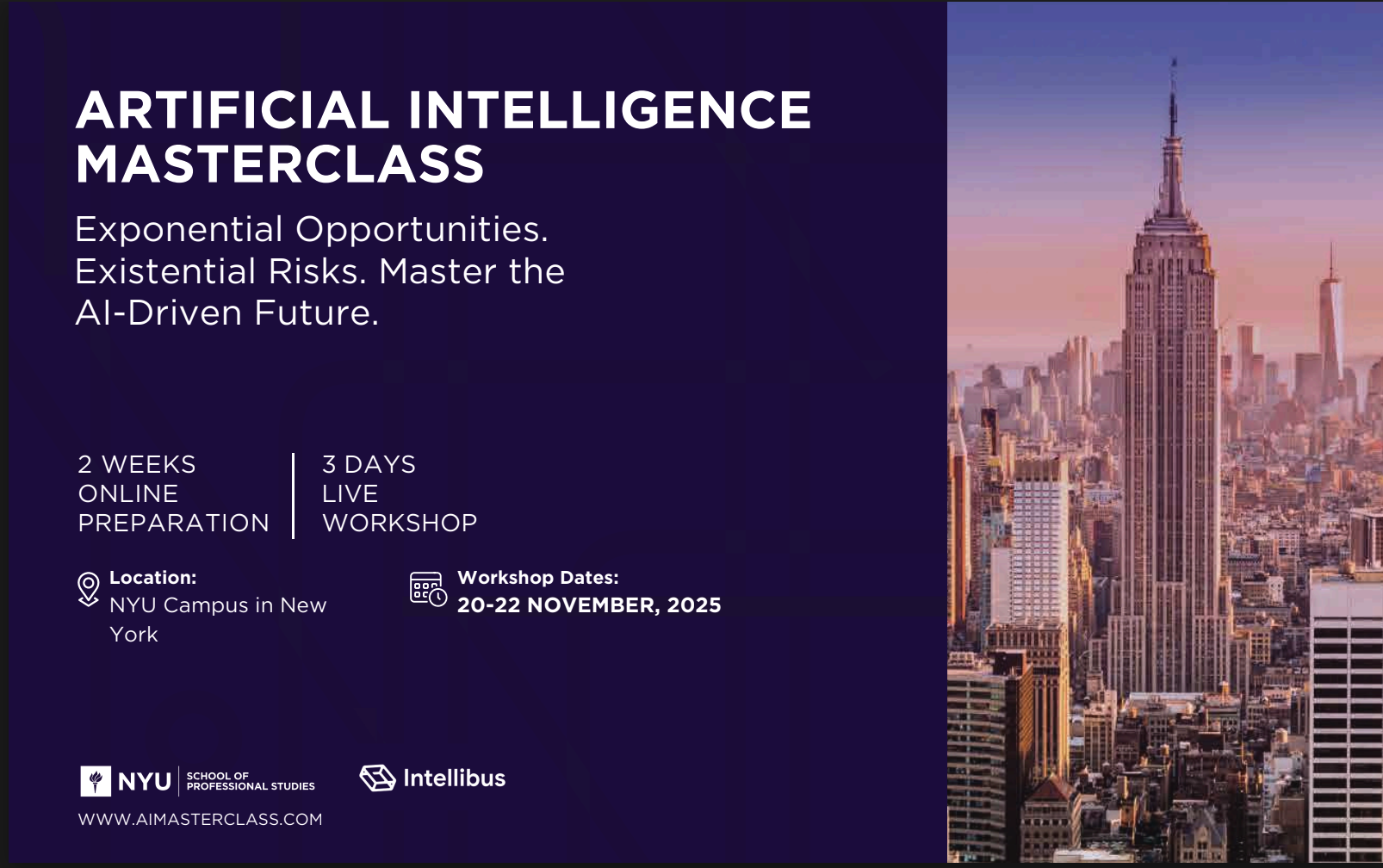What is Multitask Learning for NLP?
An Overview of Multitask Learning for Natural Language Processing (NLP)
Multitask Learning (MTL) is an emerging domain in machine learning where an algorithm is designed to learn from multiple related tasks simultaneously to improve its performance. In Natural Language Processing (NLP), multitask learning leverages synergies between various NLP tasks to augment the learning efficiency, precision, and effectiveness of the algorithms.
Key Characteristics of Multitask Learning for NLP
Inherent features of multitask learning in NLP include:
- Task Synergy: Proficiency in one task can improve performance in related tasks. For instance, a model that's efficient in part-of-speech tagging may notably improve at named entity recognition because both tasks require an understanding of the structure of a sentence.
- Shared Learning: MTL encourages cross-fertilization of knowledge among various tasks. The learning from one task can be transferred to another when they share common features, leading to an improvement in overall performance.
- Greater Complexity: The architecture of MTL models tends to be more complex because these algorithms must learn and process multiple tasks simultaneously.
- Semi-Supervised Learning: Due to the shared representation of tasks, labeled examples for one task can assist in performing well in related tasks, even with fewer labeled data, thereby offering an avenue for semi-supervised learning.
- Meta-learning: MTL serves as the foundation for meta-learning, where the model gains a sophisticated level of knowledge abstraction by learning from diverse tasks and information sources.
Implementation of Multitask Learning in NLP
Implementing MTL in NLP requires careful planning, involving an in-depth analysis of organizational needs and careful selection of tasks that can bolster shared learning. It then proceeds with a cost-benefit evaluation, followed by rigorous training and performance evaluation of the MTL model.
The successful deployment of MTL in NLP hinges on adapting the model to meet specific needs and monitoring its ability to accommodate multiple tasks without degradation in performance. Despite inherent challenges, MTL opens pathways to the future of NLP, offering flexibility, efficiency, and improved performance that single-task models often fail to provide.
Perhaps most uniquely, MTL transforms the way we approach machine learning, broadening the horizon to include a holistic, multi-perspective view of diverse tasks that can simultaneously learn from and augment each other.
Artificial Intelligence Master Class
Exponential Opportunities. Existential Risks. Master the AI-Driven Future.
Advantages of Multitask Learning for NLP
Multitask learning in NLP confers several unique advantages:
- Improved Performance: MTL, by leveraging related tasks, can lead to improved generalization performance. Shared learning among tasks allows the model to identify and extract relevant features, thereby enhancing its predictive accuracy.
- Effective Use of Resources: By leveraging task similarities, MTL makes efficient use of computational resources and data. It reduces the need for vast amounts of task-specific data, leading to time and cost efficiency.
- Robustness: MTL models, due to their exposure to a broader scope of data and tasks, are less prone to overfitting and show greater robustness in their predictions.
- Flexibility: MTL offers flexibility in handling multiple tasks concurrently, facilitating a more comprehensive approach to NLP.
Challenges of Multitask Learning for NLP
Despite its numerous advantages, using MTL in NLP also presents some challenges:
- Complex Model Architecture: Managing multiple tasks within a single model can lead to a complicated architecture, necessitating a sophisticated understanding of machine learning and deep learning.
- Risk of Task Interference: While tasks can benefit from shared learning, not all tasks are positively correlated. Negative correlation or competition between tasks can lead to task interference, where the performance gain in one task adversely affects another.
- Optimal Task Selection: Determining the optimal set of related tasks for efficient learning can be a daunting challenge.
Take Action

Download Brochure
- Course overview
- Learning journey
- Learning methodology
- Faculty
- Panel members
- Benefits of the program to you and your organization
- Admissions
- Schedule and tuition
- Location and logistics



